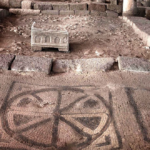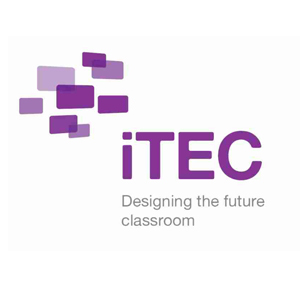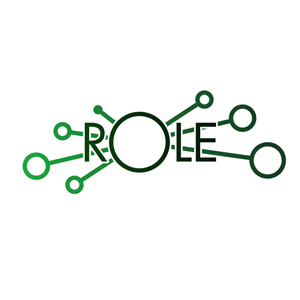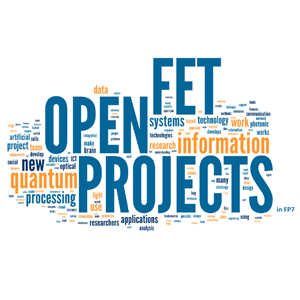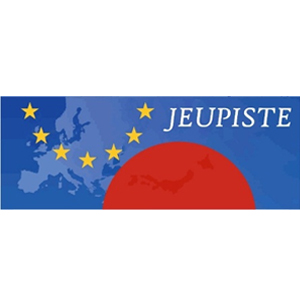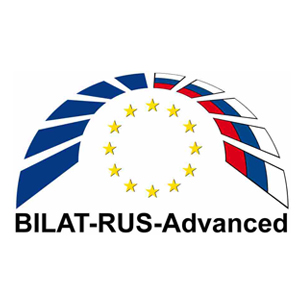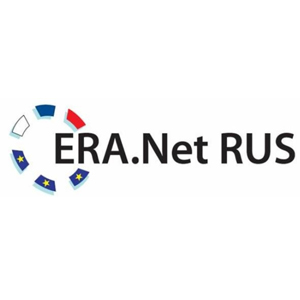S
tudying Educational Science And Technology At The University Of Twente EST – Short for Educational Science Technology, is a Master’s programme at the University of Twente that aims to reach anyone who is interested in the design and evaluation of meaning and development in schools and organizations. The school tackles different subjects, such as the professionalization of teachers, e-learning or development of employees. Some people may face anxiety while being in front of a class. They may, however, learn about people development – how people react and how people think – in various other contexts.

University Of Twente
This university regroups many different people: from workers to international students and a whole lot more. Groups of students would work on small scale science projects with the guidance of consecrated teachers.
Students love the idea that this university allows them to study part time and work part time.
1. The Programme’s Profiles
The programme has two profile:
- The first one is referred to as EDD, the profile education effectiveness, which is all about learning to systematically design a learning environment and to understand how to measure their effectiveness on learners.
- The second one is called HRD or New Resource Development which is about learning and the development of teams in the context of the day to day work environment.
“I chose the HRD program because I like the context of the organizations. Seeing people grow and develop, getting the best out of themselves and becoming happier also helps me grow and also makes me happy. My touch is helping people get the best out of themselves.”
2. How And When To Join?
If you are interested in designing and evaluating teaching and learning programmes in schools and organizations, or keen to find out more about the learning and development of company employees, the one-year Master’s programme in Educational Science and Technology is the right programme for you. You can start in September or February. They can also offer some excellent research programs. This year, an assessment was made of the research programs in pedagogics and educational sciences in the Netherlands. The faculty of Behavioural sciences of the University of Twente submitted the program Educational Design and Evaluation, with the subthemes Inquiry learning in powerful learning environments, Educational design and effectiveness and Computerized testing of knowledge and skills. The program obtained excellent marks, that is, 4,5 for quality, productively and relevance, and a 4 for vitality. As a result, the program gained a place in the top of Dutch educational research.
3. The Educational Design and Evaluation Programme
The Educational Design and Evaluation is a very high quality programme with several elements of international excellence as its first subtheme. The major challenges for the future are probable to be the development of an integrated programme in terms of research goals, outcomes, policy and culture, and further development of the recently established local PhD programme and the installation approach can be recognized as an original and promising way in which to organize research, so as to respond to the real-life questions which may be answered through traditional, mono-disciplinary approaches.
4. The Educational Science And Technology Programme
The focus of Educational Science and Technology programme is the design and evaluation of teaching and learning programmes in schools and organizations.
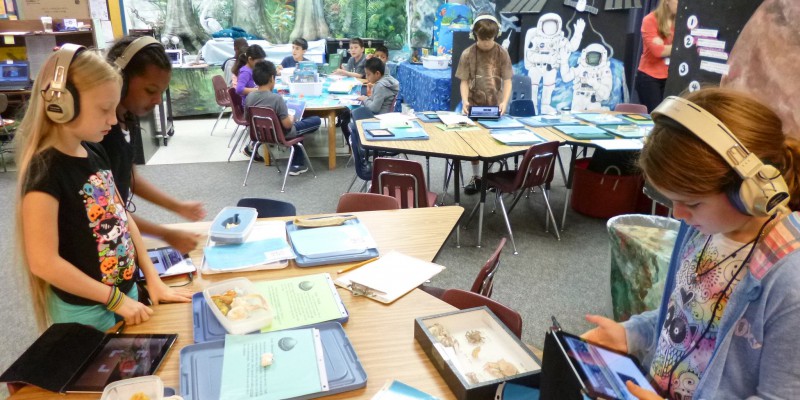
Educational Science and Technology Programme
The scope is wide: from the instruction of young children in primary school to developing interactive materials for vocational education, and from assessing the quality of schooling and school performance to talent and leadership development, and in-company re-training. If you’re an Educational Science and Technology student, you will probably take a high-tech approach to your studies while being expected to never lose sight of the human dimension. As an addition, you will learn all about theories of learning and assessment, instructional design and implementation, theoretical foundations and practical applications of learning environments and interventions. The programme also includes to learn to discover how to design different learning scenarios and curriculums, and how to translate your designs into recommendations and solutions to practical problems.



